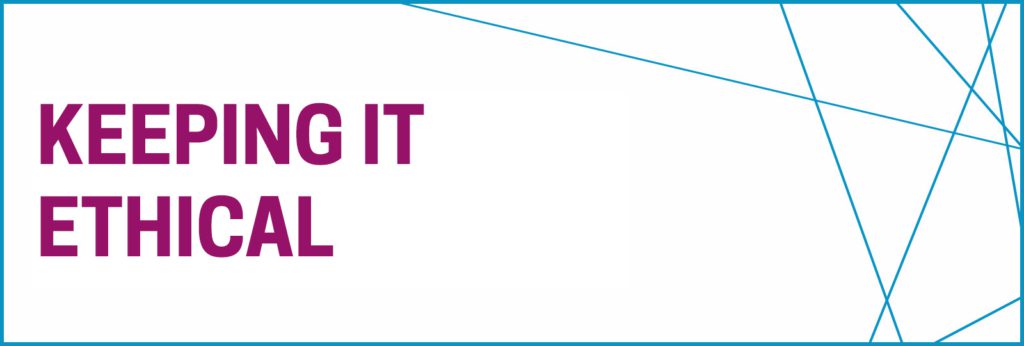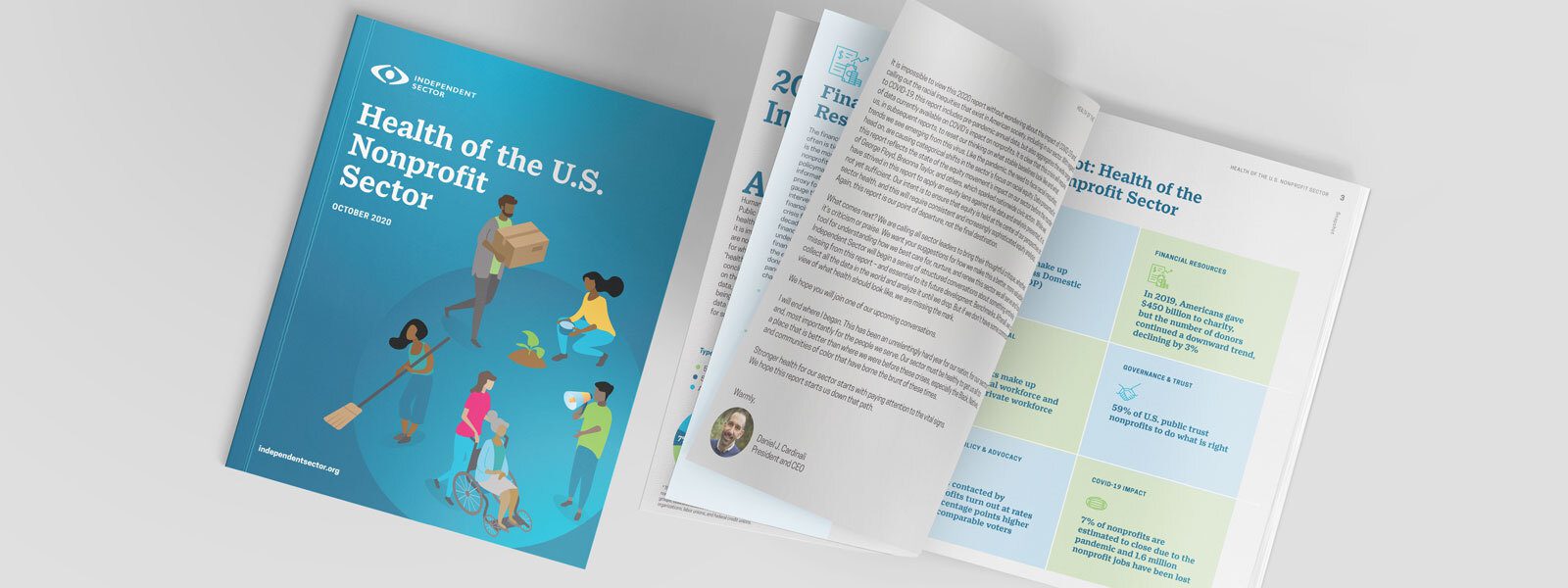Keeping it Ethical is our weekly blog series highlighting the 33 Principles for Good Governance and Ethical Practice. Throughout the series, we hope to highlight the importance of each Principle and the helpful resources associated with it and learn more from you about how you’ve incorporated these Principles into your charitable organization.
Have you heard of English Catholic historian, politician, and writer John Dalberg-Acton? Probably not. But I bet you’ve heard his famous quote: “Power tends to corrupt, and absolute power corrupts absolutely.”
Too much power is rarely a good thing. When it comes to nonprofit governance, best practice always calls for governance and management decisions to be made in the best interest of the organization, free from conflicts of interest or other personal concerns. And the best way to do that? Spread the decision-making power, rather than concentrate it in one person or among a few.
It’s good to separate the CEO and chairman positions for many reasons, including conflicts that may arise regarding executive compensation, corporate governance, and audit committee decisions.
And some states make it easier to distribute power-wielding authority by requiring that an organization’s president and treasurer be different people. That way, the board chair and treasurer can oversee and make fair and impartial decisions about executive performance and compensation without CEO influence.
That said, sometimes an organization’s board thinks it best that their CEO also serves as board chair. If that describes your nonprofit, it’s important that your board consult legal counsel to ensure they’re on the right side of laws that prohibit one person from holding both positions. It’s also critical to designate a specific board member as responsible for the separation of duty concerns, like reviewing your CEO’s responsibilities, performance, and/or compensation.
__
Learn more about Principle 14 and associated resources.
And if you know about other great resources that support this Principle 14, we’d love to hear from you. Leave your thoughts in the comments section and let us know what you think. You can also use #npethics on social media.



